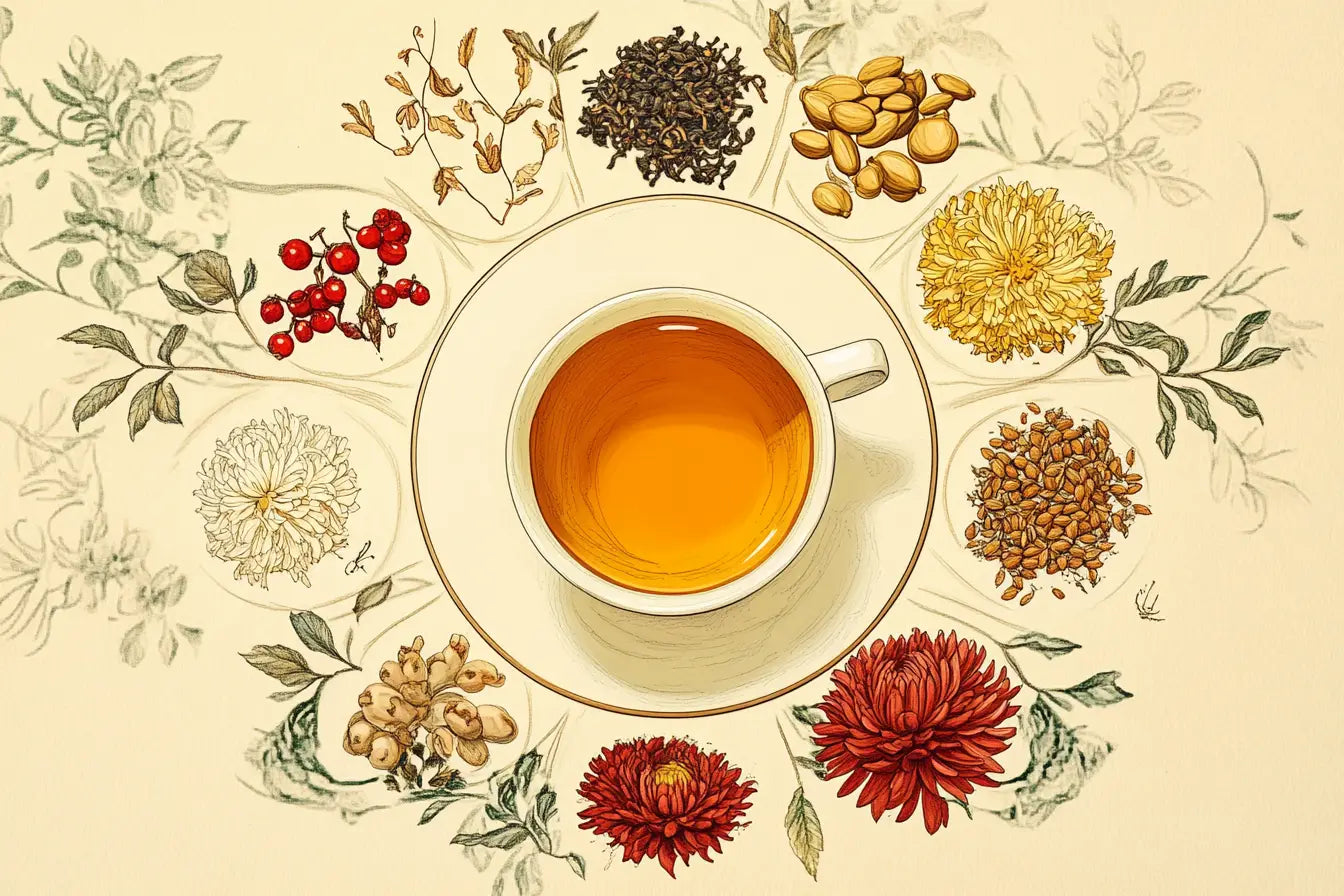/* Global Styles */
body {
font-family: 'Segoe UI', Tahoma, Geneva, Verdana, sans-serif;
line-height: 1.6;
color: #333;
max-width: 1200px;
margin: 0 auto;
padding: 0 20px;
background-color: #f9f9f9;
.container {
background-color: #fff;
padding: 30px;
border-radius: 8px;
box-shadow: 0 2px 10px rgba(0, 0, 0, 0.1);
margin: 40px 0;
h1, h2, h3, h4 {
color: #e67e23;
font-weight: 700;
h1 {
font-size: 2.5rem;
margin-bottom: 1.5rem;
text-align: center;
line-height: 1.2;
h2 {
font-size: 1.8rem;
margin-top: 2.5rem;
margin-bottom: 1rem;
border-bottom: 2px solid #fdf1e6;
padding-bottom: 0.5rem;
h3 {
font-size: 1.4rem;
margin-top: 2rem;
margin-bottom: 0.8rem;
p {
margin-bottom: 1.5rem;
font-size: 1.1rem;
ul, ol {
margin-bottom: 1.5rem;
padding-left: 1.5rem;
li {
margin-bottom: 0.5rem;
font-size: 1.1rem;
a {
color: #e67e23;
text-decoration: none;
border-bottom: 1px dotted #e67e23;
transition: all 0.3s ease;
a:hover {
color: #b35c12;
border-bottom: 1px solid #b35c12;
/* Image Styles */
.img-container {
text-align: center;
margin: 2rem 0;
.blog-img {
max-width: 100%;
height: auto;
border-radius: 6px;
box-shadow: 0 3px 10px rgba(0, 0, 0, 0.1);
.img-caption {
font-size: 0.9rem;
color: #666;
text-align: center;
margin-top: 0.5rem;
font-style: italic;
/* Highlight Boxes */
.highlight-box {
background-color: #fdf1e6;
border-left: 4px solid #e67e23;
padding: 20px;
margin: 25px 0;
border-radius: 4px;
.research-box {
background-color: #f0f7ff;
border-left: 4px solid #0066cc;
padding: 20px;
margin: 25px 0;
border-radius: 4px;
.warning-box {
background-color: #fff8e8;
border-left: 4px solid #f0b429;
padding: 20px;
margin: 25px 0;
border-radius: 4px;
/* Table Styles */
table {
width: 100%;
border-collapse: collapse;
margin: 30px 0;
font-size: 1rem;
th, td {
padding: 12px 15px;
border: 1px solid #ddd;
text-align: left;
th {
background-color: #fdf1e6;
color: #e67e23;
font-weight: 600;
tr:nth-child(even) {
background-color: #f9f9f9;
/* Quote Style */
blockquote {
border-left: 5px solid #e67e23;
padding-left: 20px;
margin: 30px 0;
font-style: italic;
color: #555;
/* CTA Button */
.cta-container {
text-align: center;
margin: 40px 0;
padding: 30px;
background-color: #fdf1e6;
border-radius: 8px;
.cta-button {
display: inline-block;
background-color: #e67e23;
color: white;
font-weight: 600;
padding: 15px 30px;
border-radius: 50px;
text-decoration: none;
border: none;
font-size: 1.2rem;
transition: all 0.3s ease;
box-shadow: 0 4px 10px rgba(230, 126, 35, 0.2);
.cta-button:hover {
background-color: #b35c12;
transform: translateY(-2px);
box-shadow: 0 6px 15px rgba(230, 126, 35, 0.3);
border: none;
color: white;
/* FAQ Section */
.faq-section {
margin: 50px 0;
background-color: #fdf1e6;
padding: 30px;
border-radius: 8px;
.faq-item {
margin-bottom: 20px;
border-bottom: 1px solid #f7d7b6;
padding-bottom: 20px;
.faq-question {
font-weight: 600;
font-size: 1.2rem;
color: #e67e23;
margin-bottom: 10px;
.faq-answer {
font-size: 1.1rem;
/* Author Box */
.author-box {
display: flex;
align-items: center;
background-color: #fdf1e6;
padding: 20px;
border-radius: 8px;
margin: 40px 0;
.author-img {
width: 80px;
height: 80px;
border-radius: 50%;
margin-right: 20px;
.author-bio {
flex: 1;
.author-name {
font-weight: 600;
font-size: 1.1rem;
margin-bottom: 5px;
color: #e67e23;
.published-date {
color: #666;
font-size: 0.9rem;
margin-top: 20px;
text-align: right;
font-style: italic;
/* Symptom Cards */
.symptoms-grid {
display: grid;
grid-template-columns: repeat(auto-fill, minmax(280px, 1fr));
gap: 20px;
margin: 30px 0;
.symptom-card {
background-color: #fff;
border-radius: 8px;
overflow: hidden;
box-shadow: 0 2px 10px rgba(0, 0, 0, 0.05);
transition: transform 0.3s ease;
.symptom-card:hover {
transform: translateY(-5px);




